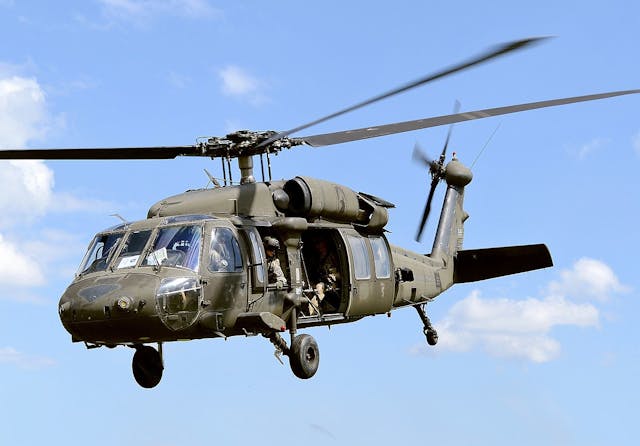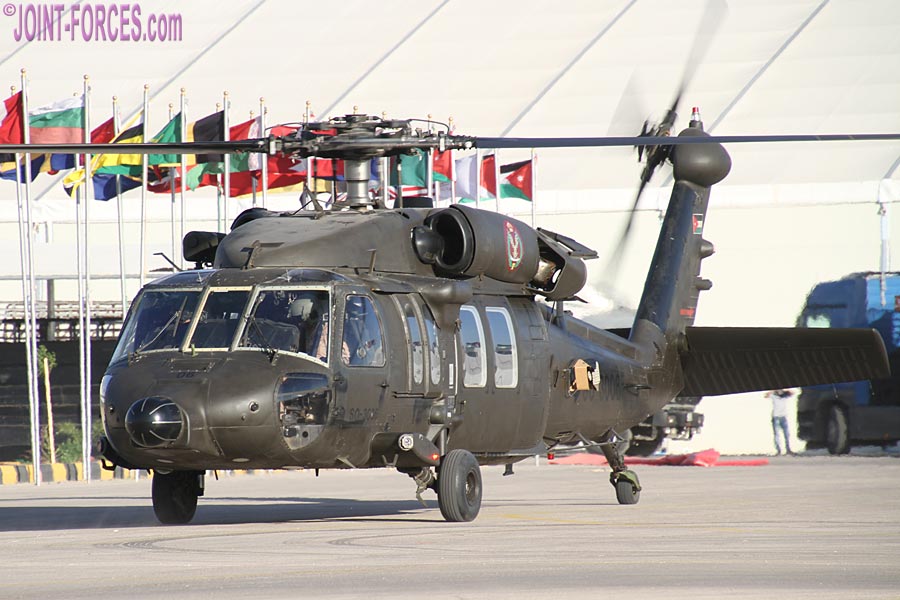UH 60 Black Hawk: From Principle to Modern Day Applications
UH 60 Black Hawk: From Principle to Modern Day Applications
Blog Article
The Function of Aircraft in Shaping International Transport and Trade Dynamics
The advancement of aircraft has indelibly transformed worldwide transportation and profession dynamics, helping with unprecedented degrees of connection and effectiveness. Through the facility of robust air cargo networks, businesses can now browse worldwide markets with exceptional rate and agility, therefore redefining supply chain methods. This transformation is not without its obstacles, as the air travel industry grapples with sustainability worries and regulatory stress. As we explore the complex impacts of airplane on global profession, it is important to consider just how these elements will certainly shape the future landscape of air travel and its duty in the economic climate.

Development of Air Transportation
The development of air transport has actually been noted by considerable technical innovations and innovations that have transformed the method individuals and items relocate throughout the world. From the Wright siblings' first powered flight in 1903 to the advancement of supersonic jets, each landmark has highlighted the unrelenting search of performance and rate in air traveling.
The last component of the 20th century observed the emergence of business aeronautics as a practical setting of transport, characterized by the intro of jet engines, which reinvented flight by drastically reducing flight times. In addition, technologies in navigation and interaction modern technologies have actually boosted functional effectiveness and security, enabling more facility trip paths and routines. The rise of air freight in parallel with passenger services has actually further underscored the versatility of aeronautics. As we aim to the future, arising technologies such as self-governing and electric airplane assurance to redefine the air transportation landscape, making sure continued advancement and adjustment to worldwide demands.
Effect on Global Trade
Air transportation has actually exceptionally improved worldwide profession by helping with the swift activity of goods throughout large distances. This expedited logistics ability allows services to respond swiftly to market demands, therefore enhancing supply chain performance. The ability to deliver perishable items, high-value items, and time-sensitive products has actually opened up new markets and possibilities for various sectors, significantly influencing trade patterns.
Furthermore, the development of air freight networks has actually fostered globalization, making it possible for companies to source materials and items from various components of the globe seamlessly. This interconnectedness minimizes lead times and expenses, enabling organizations to remain competitive in an increasingly worldwide marketplace. Furthermore, air transportation plays a crucial role in ecommerce, where customer assumptions for fast shipment have actually driven a rise in need for air freight services.
The effect of airplane on worldwide profession encompasses the creation of critical profession courses, connecting regions and helping with worldwide partnerships. Countries that purchase air transport facilities usually experience boosted financial development and increased foreign direct investment. On the whole, the evolution of air transportation has not just changed the logistics landscape yet has additionally come to be an essential part in the characteristics of international trade.

Economic Benefits of Aeronautics
A durable air travel sector creates significant economic advantages, adding to job creation, tourist, and general financial growth - uh 60. The aeronautics market supports numerous tasks worldwide, ranging from straight employment in flight terminals and airlines to indirect duties in markets such as hospitality, transport, and logistics. According to market records, for every work in the air travel industry, roughly 3.5 additional tasks are created in the more comprehensive economic climate
Tourist is an essential element of the financial benefits stemmed from aviation. Flight helps with global tourism, permitting tourists to discover diverse locations, which in turn promotes neighborhood economic climates. Nations that buy their aeronautics infrastructure usually experience increased vacationer arrivals, leading to higher investing on services such as dining establishments, resorts, and destinations.

Additionally, aeronautics boosts international connection, making it possible for services to access brand-new markets and sources effectively. As an outcome, markets such as shopping and production benefit profoundly from trustworthy air transportation, additional driving economic growth.
Challenges Facing the Aviation Industry
Browsing an intricate landscape of governing, ecological, and economic challenges, the aviation sector deals with substantial hurdles that intimidate its sustainability and development. Laws surrounding safety and protection are consistently progressing, requiring ongoing compliance and adaptation from airline companies and makers (uh 60). This can bring about increased operational costs and source allowance that interferes with advancement and development initiatives
Furthermore, ecological worries have come to be paramount, with expanding useful source examination over carbon emissions and sound contamination. The industry is under stress to adopt greener practices and innovations, which often next call for substantial financial investment in r & d. Balancing these ecological obligations with the need for air travel offers a substantial obstacle.
Economic variations, such as rising gas prices and geopolitical unpredictabilities, further make complex the landscape. Airlines often come to grips with unpredictable operating expense and changing passenger demand, which can influence success and lasting planning. Labor lacks and ability gaps in essential areas include an additional layer of intricacy, hindering functional performance.
Inevitably, resolving these multifaceted obstacles is essential for the air travel sector to keep its critical function in international transport and trade, while making certain strength and flexibility in an increasingly open market.
Future Trends in Air Traveling
Arising technologies and shifting customer choices are positioned to reshape the future of flight considerably. The combination of expert system and artificial intelligence is anticipated to boost functional efficiency, streamline flight terminal procedures, and improve consumer service. Predictive analytics will promote more accurate demand projecting, allowing airline companies to maximize trip routines and rates versions.
Sustainability is coming to be a vital vehicle driver in flight, with the aeronautics sector significantly concentrated on lowering carbon discharges. Technologies in airplane layout, such as hybrid and electric propulsion systems, are being explored to meet ecological targets. The adoption of sustainable aviation gas (SAFs) is anticipated to play a vital duty in attaining net-zero emissions by 2050.
Customer choices are moving towards personalized traveling experiences. Airline companies are investing in advanced information analytics to tailor solutions and improve consumer engagement, making sure a much more tailored trip from reserving to arrival. Additionally, the rise of remote job may bring about boosted demand for recreation travel, as people look for to integrate job and trip.
Final Thought
In conclusion, airplane substantially influence worldwide transportation and trade characteristics by helping with rapid motion and enhancing supply chain performance. The evolution of air transport has changed international profession, yielding significant economic benefits while also providing obstacles that need strategic management. Future trends show an ongoing dependence on air travel for business, underscoring its important role in globalization and economic growth. The ongoing adaptation of the aviation market will certainly be vital for maintaining its contributions to the worldwide economy.
The latter part of the 20th century witnessed the emergence of business aeronautics as a sensible mode of transport, defined by the introduction of jet engines, which reinvented air traveling by drastically decreasing trip times. The rise of air cargo in parallel with traveler services has actually better emphasized the versatility of air travel. In addition, air transportation plays a crucial role in e-commerce, where consumer expectations for fast delivery have get redirected here driven a rise in need for air products solutions.
On the whole, the advancement of air transport has not just changed the logistics landscape however has likewise end up being an important component in the dynamics of international profession.
Sustainability is ending up being a crucial motorist in air travel, with the aviation industry increasingly concentrated on lowering carbon discharges.
Report this page